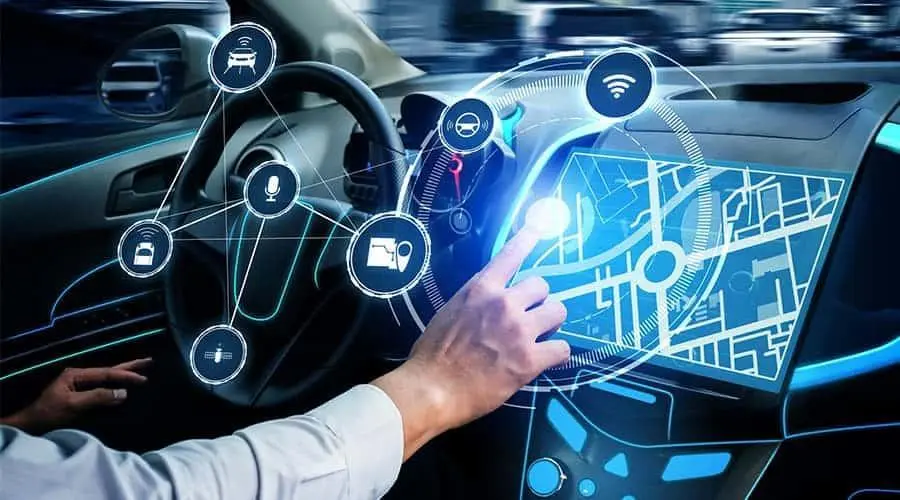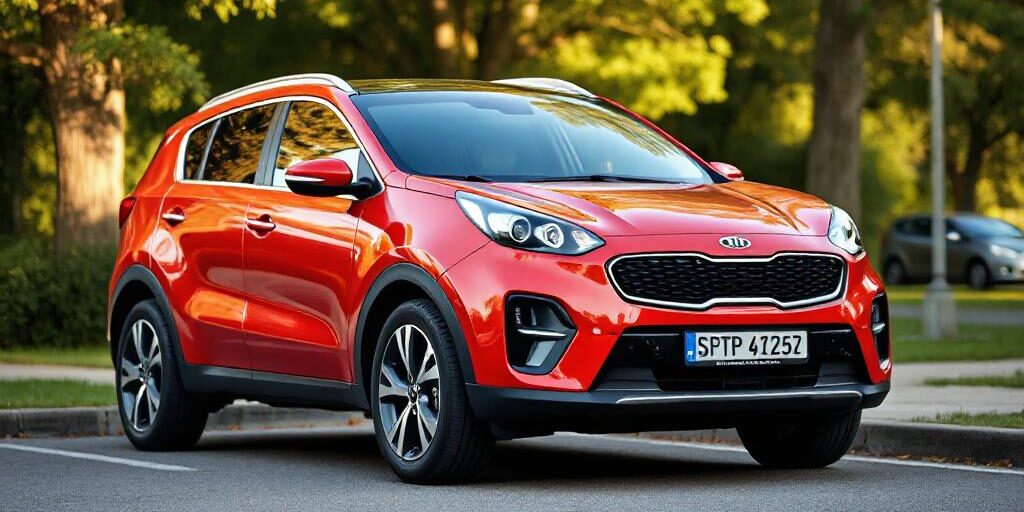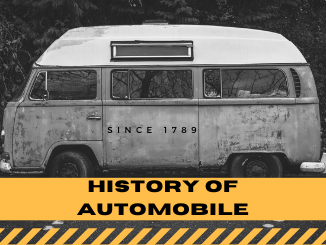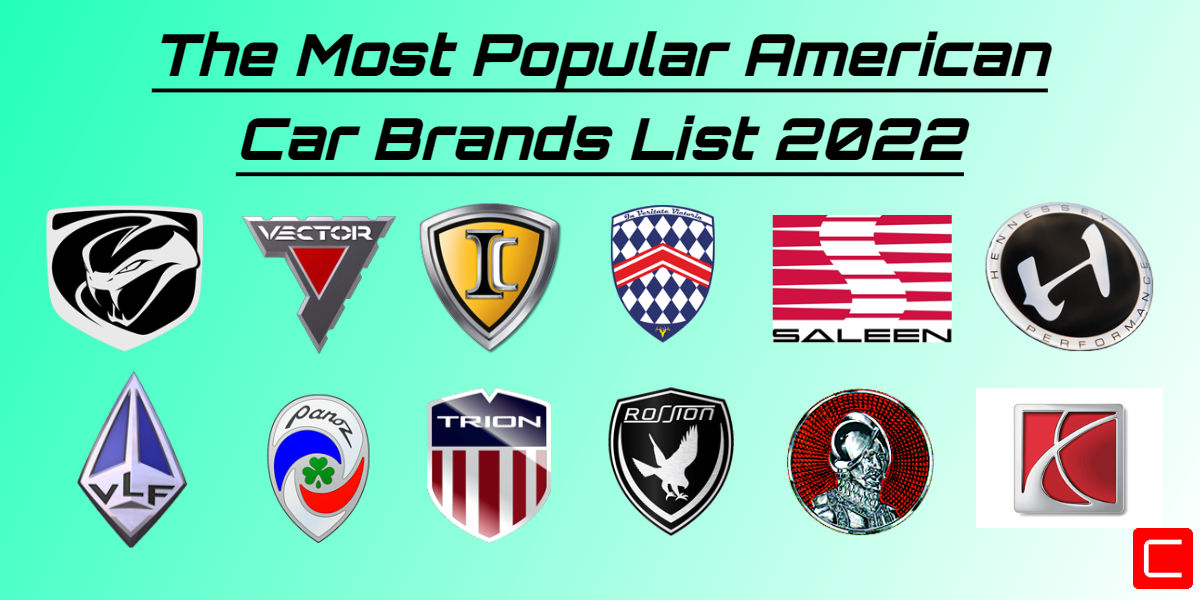Though AI in automotive has been around for the past 6-7 years its applications are only getting wider and more refined. Smart robots with artificial intelligence are now used in the front row with the human workforce in the production of cars.
It also finds its applications in self-driving vehicles and real-life traffic monitoring. In this article, we have discussed how AI is reshaping the automobile industry and what future trends we will observe in this dynamic market.
Applications of AI in The Automotive Industry
Understanding current applications will help us analyze possible future trends. Thus, some of the most important applications of AI in the automobile industry are discussed here.
Driver Assist
Roads are uncertain. It may happen that the rare car is in your blind spot, the road is icy or slippery and the visibility is extremely poor. In those situations, small miscalculations can be life-threatening, more so if they are influenced by emotions.
AI in automotive helps the driver to make calculated decisions by judging both the external factors and the state of mind of the driver. This significantly reduces the risk factors and uncertainty involved in driving a car.
Driverless Automobiles
In the past, automated cars were just a vision but today, with multiple companies investing heavily in this industry, it is becoming a reality. With better roads and an increase in living standards across the world, the demand for self-driving cars has increased significantly.
A completely automated transportation system will eliminate human error and bring down the
the death rate on roads.
AI in Car Manufacturing
Car manufacturing is extremely complicated. Some steps in the process are downright dangerous for humans. Thus, for a long time car companies have been using “intelligent” robots.
Advanced robots with artificial intelligence working alongside human resources significantly reduce the risk factor in manufacturing and increase productivity. A car service center also uses AI to maximize its output capacity.
AI for Supply Chain
An average car has 30,000 parts that are manufactured across the world. These parts are ordered in the final assembly unit. But due to varying prices across the world, dynamic economy, and unpredictable supply chains, the assembling process can be hampered.
AI compares different suppliers of car parts, shipment time, and overall cost to determine the most optimal solutions. This helps a car service center to deliver satisfactory service to the end customer at reasonable prices.
AI Automotive Insurance
Owning a car is not only about repairs, driving convenience, and risk management on the road. It also includes choosing the right insurance. With AI, drivers can purchase car insurance without going to the insurance office. AI helps both the insurance company and the driver to make the best choices when choosing an insurance scheme.
AI in Automotive Testing
Incorporating AI for testing is one of the most complicated tasks in this industry. Every model of car is designed for different purposes. AI for testing that model should be unique. At the same time, AI testing is exhaustive and doesn’t leave loopholes that can be dangerous in real-life road situations.
AI predicts and simulates real-life situations most accurately. Thus it is used for testing in almost every automotive production unit and car service center before handing over the final product to the end customer.
Emotion Detection and Risk Management
Advanced AI can estimate human emotions by tracking subtle facial expressions. The majority of human decisions are influenced by emotions which are not the optimal options. AI helps a driver to take the safest decisions by eliminating the emotional aspect which is a byproduct of human evolution.
AI Cloud Services
Cloud-based services are another major application of AI in Automotive. An automated car connected to the cloud shares real-time data of the pathway and the vehicle condition thus helping the system evolve.
The car can access useful data like weather conditions or visibility of the pathway beforehand to measure the risk and avoid accidents. This also includes distance from the nearest gas station and better fuel management.
Future of AI in the Automotive Industry
The use of AI in the automotive industry will only increase with time. Study shows the implementation of AI in the automotive industry will increase from 5-10 percent in 2015 to 98 percent within this decade. Self-driving cars are the future of humanity where deaths due to road accidents will be almost null.
Research shows sales of self-driving cars will increase from 33 million in 2019 to 80 million in 2032. Heavy application of AI in a car service center in the future will result in an extremely efficient workforce with AI working alongside human workers.
To sum up, applications of AI across the industry are right now limited. But with new and efficient algorithms and high-performing GPUs, the application of AI is increasing rapidly. Moore’s law states integration of transistors and computing capacity in GPUs doubles every two years but the price of GPUs drops by half of its previous amount. With this trend, we can safely predict that AI-incorporated self-driving cars will convert from a luxury of extreme riches into widely used vehicles by the masses.
Also Read: The procedure of Preventive Maintenance in Automobile Industry
FAQs
What is the future of AI in cars?
AI (Artificial Intelligence) could be used to create self-driving cars, as well as cars that can communicate with each other and with other road users.
How can AI help cars?
AI (Artificial Intelligence) simulates human perceptual and decision-making processes using deep learning and controls actions in driver control systems, such as steering and brakes.
How AI is used in Tesla?
Tesla develops and deploys autonomy at scale in vehicles, robots, and more.







